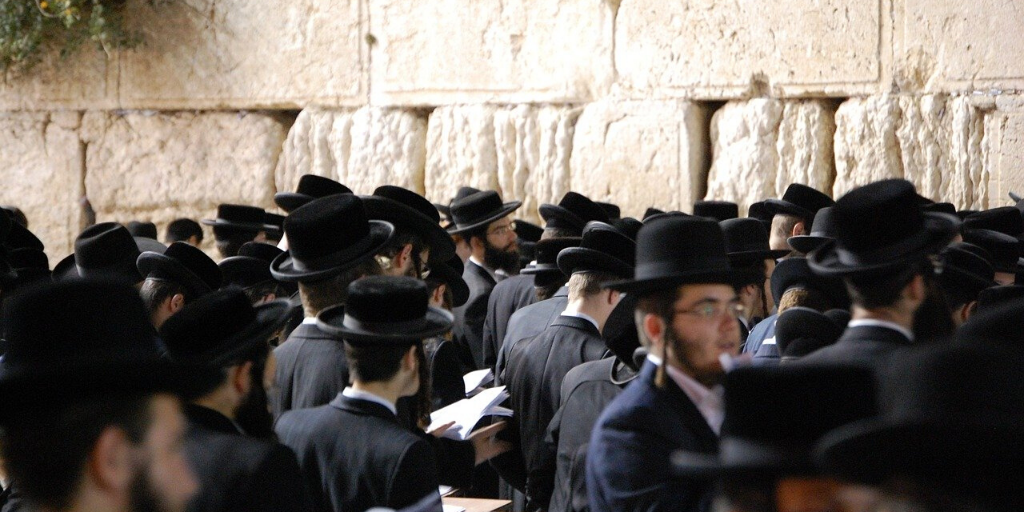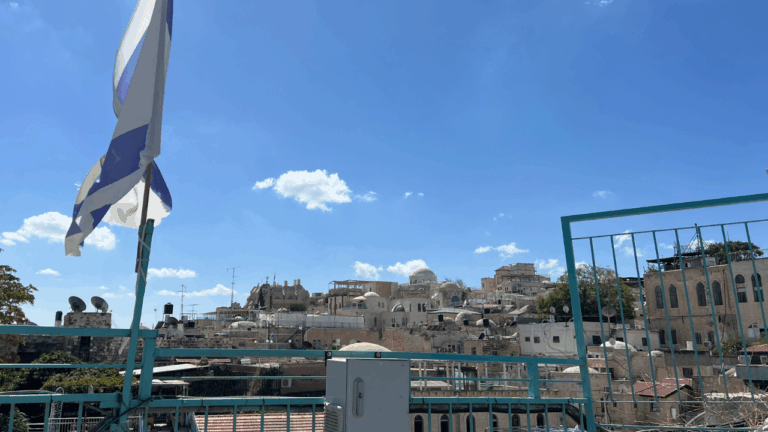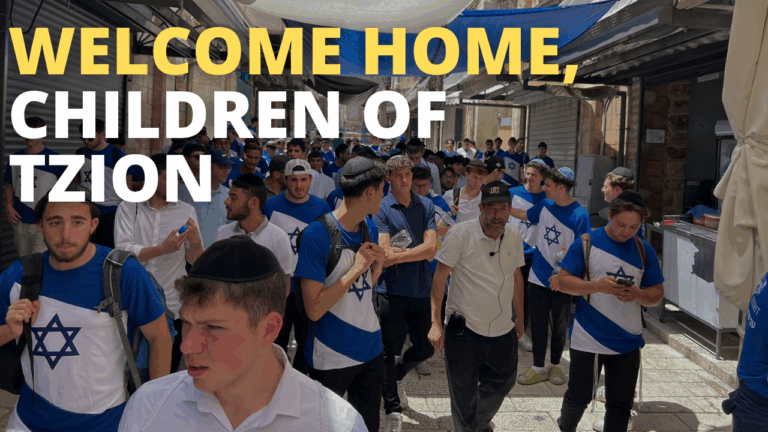Unity Through Social Distancing: A Lesson From Jerusalem
Our parsha opens with Moshe gathering all of the Jewish people to teach them about Shabbat and then about the building of the Mishkan. This gathering of “the whole community of the Jewish people” is a necessary introduction to the rest of the parsha. The goal of the Mishkan is to have God’s presence rest amongst the Jewish people, and we know that in addition to the service to be performed in the Mishkan, a crucial prerequisite to God’s presence is Jewish unity. Therefore, all Jews needed to be gathered together in unity for the Mishkan to have its desired impact.
This association of Jewish unity with the Divine Presence is carried from the Mishkan to the city of Jerusalem. This city is the ultimate resting place of the Divine Presence. It is also characterized by Jewish unity. All Jews gathered there during the three festivals. All Jews were made into “friends” there during this gathering.
One might expect that the best expression of this unity is being part of a large physical mass of people, of always spending time with others. However, we also find that in the Beit HaMikdash itself, the Mishna records that a miracle occurred that the Jewish people “stood crowded but bowed with space.” While on a simple level this means that they had enough room to bow at the proper points of the service, perhaps on a deeper level it represents the fact that each person had their own space and were separated from other people.
The lesson of Jerusalem, then, is that unity can be expressed in two ways. At times, unity is achieved and expressed through a mass of people occupying the same space. At times, though, unity is best achieved and expressed through each person occupying their separate spaces. A danger of gathering the whole community to one physical location is that the uniqueness and individuality of each person might be lost. Sometimes, physical distance between people can lead each person to realize their own potential and uniqueness. This in turn allows them to contribute better to the collective and create a stronger sense of unity and community.
This is an important lesson for our current situation. On one level it is ironic that we read the parsha of “gathering” when many of us are practicing social distancing and not leaving our homes. But the lesson of Jerusalem is that an essential part of unity is to separate and allow for each element to find its unique voice and talents. Afterwards, we will join together once again in our shuls with an even stronger unity that is greater than the sum of its part.
DOWNLOAD PRINTABLE COPY HERE



